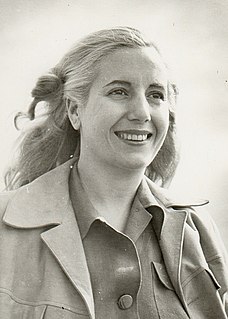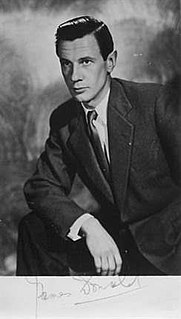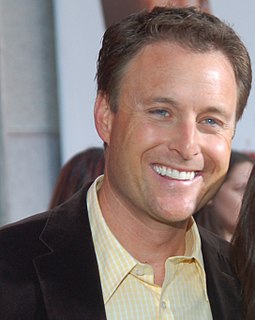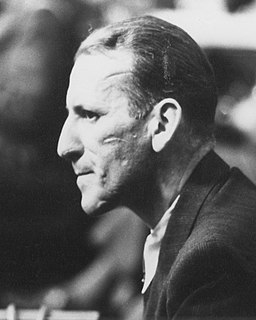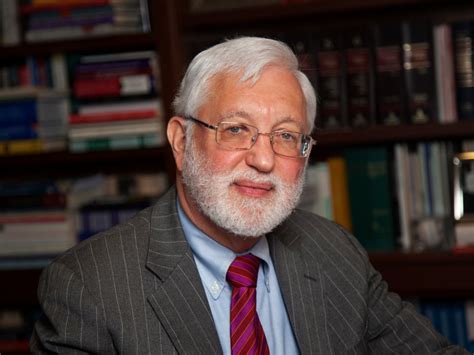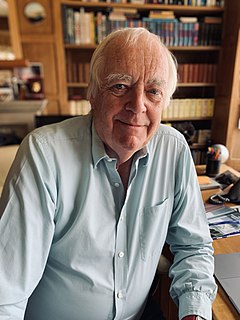A Quote by Howard Zinn
It had long been true, and prisoners knew this better than anyone, that the poorer you were the more likely you were to end up in jail. This was not just because the poor committed more crimes. In fact, they did. The rich did not have to commit crimes to get what they wanted; the laws were on their side. But when the rich did commit crimes, they often were not prosecuted, and if they were they could get out on bail, hire clever lawyers, get better treatment from judges. Somehow, the jails ended up full of poor black people.
Quote Topics
Anyone
Bail
Because
Been
Better
Black
Black People
Clever
Commit
Committed
Could
Did
End
Ended
Fact
Full
Get
Get Better
Had
Hire
In Fact
Jail
Judges
Just
Just Be
Just Because
Knew
Laws
Lawyers
Likely
Long
More
Often
Out
People
Poor
Poorer
Prisoners
Rich
Side
Somehow
Than
Treatment
True
Up
Wanted
Were
Related Quotes
... as recently as the mid-1970s, the most well-respected criminologists were predicting that the prison system would soon fade away. Prison did not deter crime significantly, many experts concluded. Those who had meaningful economic and social opportunities were unlikely to commit crimes regardless of the penalty, while those who went to prison were far more likely to commit crimes again in the future.
Crimes were committed to punish crimes, and crimes were committed to prevent crimes. The world has been filled with prisons and dungeons, with chains and whips, with crosses and gibbets, with thumbscrews and racks, with hangmen and heads-men — and yet these frightful means and instrumentalities have committed far more crimes than they have prevented.... Ignorance, filth, and poverty are the missionaries of crime. As long as dishonorable success outranks honest effort — as long as society bows and cringes before the great thieves, there will be little ones enough to fill the jails.
Not to get too deep, but I was brought up by these women who if you wanted to label them, maybe they were feminists, but you know what? They never asked for that or wanted it and they never got up on a soapbox and spoke about it, they just did it. They did their work, they did their jobs, they were who they were.
There was so much on 'Superstar' that we didn't intend. I mean, there were things that we did which were innovative, but some of them were forced on us because we couldn't get anybody to do the show. 'Evita' was much more sophisticated. That doesn't make it better, but it does make it different. We knew what we were doing.
When I had finished the book I knew that no matter what Scott did, nor how he behaved, I must know it was like a sickness and be of any help I could to him and try to be a good friend. He had many good, good friends, more than anyone I knew. But I enlisted as one more, whether I could be of any use to him or not. If he could write a book as fine as The Great Gatsby I was sure that he could write an even better one. I did not know Zelda yet, and so I did not know the terrible odds that were against him. But we were to find them out soon enough.
What passes for identity in America is a series of myths about one's heroic ancestors. It's astounding to me, for example, that so many people really appear to believe that the country was founded by a band of heroes who wanted to be free. That happens not to be true. What happened was that some people left Europe because they couldn't stay there any longer and had to go somewhere else to make it. That's all. They were hungry, they were poor, they were convicts. Those who were making it in England, for example, did not get on the Mayflower. That's how the country was settled.



